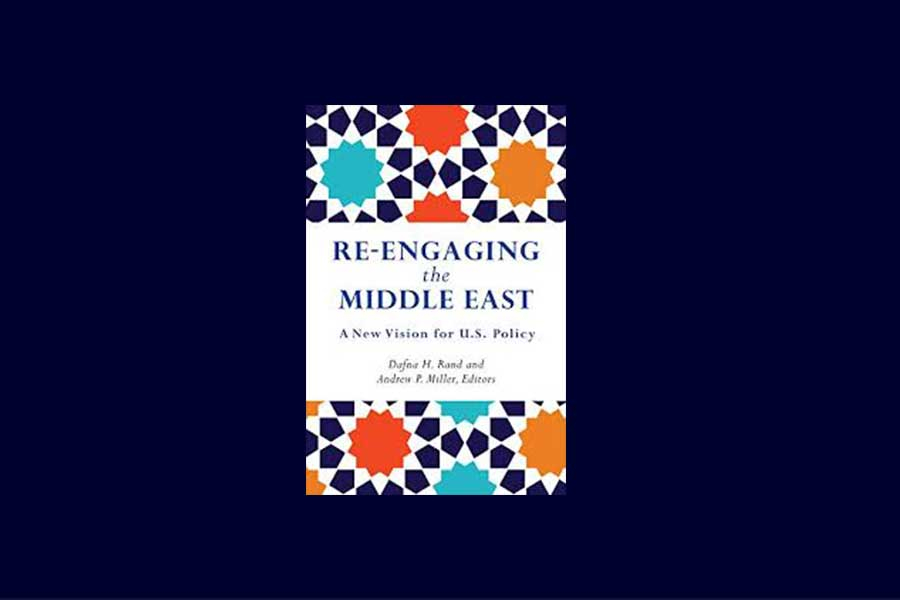A New Vision for U.S. Policy in the Middle East

A New Vision for U.S. Policy in the Middle East
U.S. policy in the Middle East is at a crossroads. A combination of factors – including public fatigue with costly wars in Iraq and Afghanistan, increasing U.S. energy independence, and growing recognition of the long-term challenge presented by the rise of China – are all contributing to a major rethink of the scale and nature of U.S. engagement in the region. In a new volume, Re-Engaging in the Middle East: A New Vision for U.S. Policy, former officials from the Obama and Trump administrations reflect on lessons learned over the past twelve years and offer a range of recommendations to help the United States craft a nimbler, less military-dominant strategy in the years ahead. Taking the book as a point of departure, this panel discussion focused on the opportunities, risks, and future of U.S. policy in the Middle East.
Panelists Included:
· Dr. Dafna H. Rand is the co-editor of Re-Engaging the Middle East. She previously served as deputy assistant secretary in the Bureau of Democracy, Human Rights and Labor, on the Policy Planning Staff, and on the staff of the National Security Council.
· Dr. Alexander Bick is a research scholar in the Henry A. Kissinger Center for Global Affairs at SAIS. He previously served on the Policy Planning Staff at the U.S. Department of State and as Syria director at the National Security Council.
· Dr. Vali Nasr is Majid Khadduri Professor of Middle East Studies and International Affairs at SAIS. Between 2009 and 2011 he served as senior advisor to U.S. Special Representative for Afghanistan and Pakistan, Richard Holbrooke, and is author of The Shia Revival: How Conflicts within Islam will Shape the Future, among other books.
This Talk was moderated by:
· Dr. Camille Pecastaing is senior associate professor of Middle Eastern Studies at Johns Hopkins-SAIS and a contributor to the Working Group on Islamism and the International Order at Stanford University’s Hoover Institution